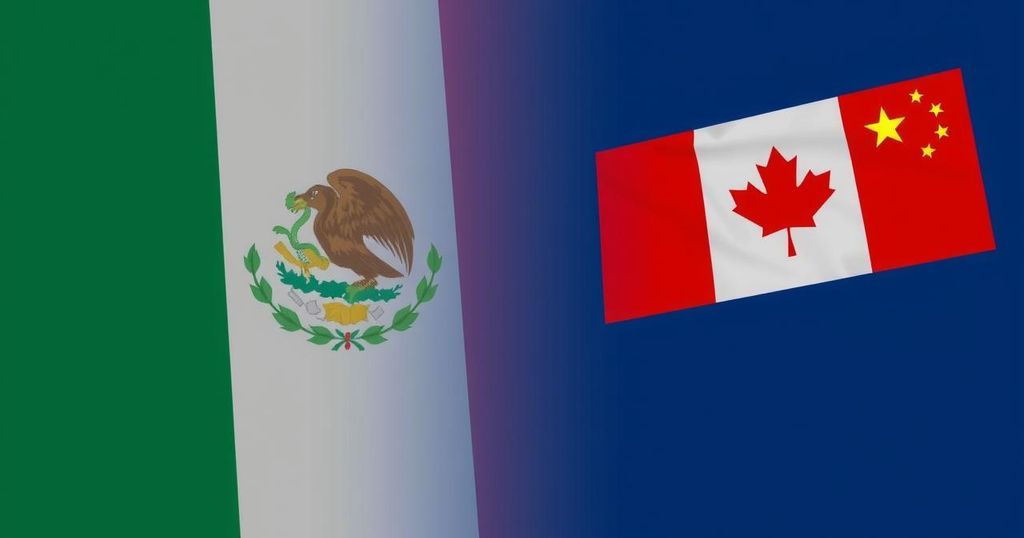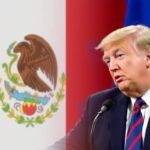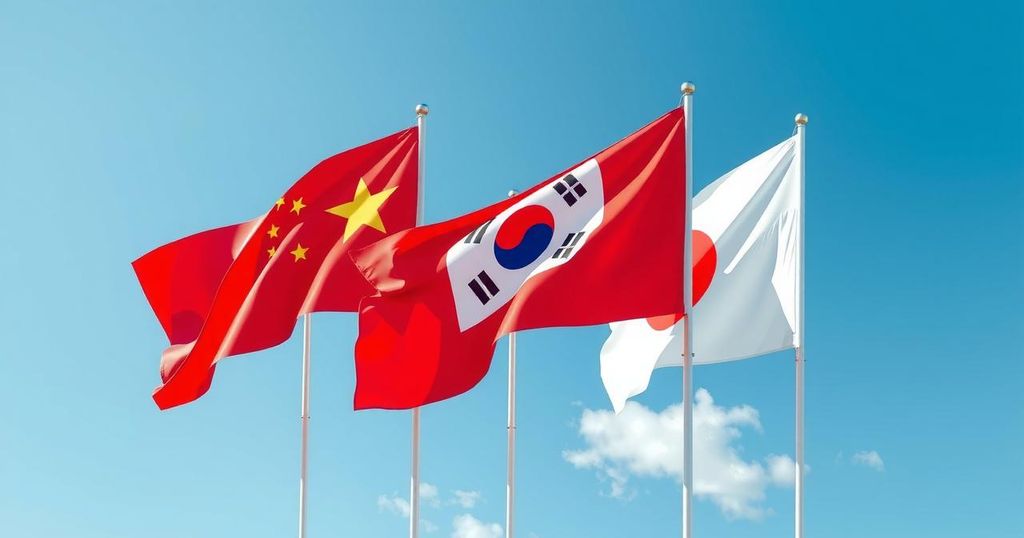Politics
AMERICA, ASIA, BE, CANADA, CHINA, CNN, DONALD TRUMP, ECONOMICS, GOVERNMENT SPENDING, MEXICO, NATIONAL SECURITY, NORTH AMERICA, PETERSON INSTITUTE FOR INTERNATIONAL ECONOMICS, PHILIPPINES, SCOTT BESSENT, SENATE, TREASURY, TRUMP, TRUMP ADMINISTRATION, TRUTH SOCIAL, UNITED STATES, US, US-CHINA RELATIONS, WALL STREET
Omar El-Sharif
Trump Proposes Substantial Tariffs on Imports from Mexico, Canada, and China
Donald Trump has pledged to initiate significant tariffs on imports from Mexico, Canada, and China on the first day of his administration, positioning these measures as a response to illegal immigration and drug trafficking. He proposes a 25% tariff on goods from Mexico and Canada and a 10% increase on existing tariffs from China, with the aim of combating the influx of illegal drugs.
President-elect Donald Trump has announced plans to impose substantial tariffs on goods from Mexico, Canada, and China, commencing on his first day in office. He articulated this strategy as a response to illegal immigration and drug-related crime, specifically citing the large quantities of fentanyl entering the United States. Trump declared, “On January 20th, as one of my many first Executive Orders, I will sign all necessary documents to charge Mexico and Canada a 25% Tariff on ALL products coming into the United States.” He noted that these tariffs would remain until drug trafficking and illegal immigration cease entirely.
In addition to measures against Mexico and Canada, Trump proposed a 10% increase on existing tariffs for Chinese imports, contingent upon the country’s efforts to address the flow of illegal drugs into the U.S. He expressed his frustration over previous discussions with Chinese officials about curbing drug trafficking, stating that commitments were not upheld. Trump contends that both Mexico and Canada should be able to resolve the issues he has identified, thereby mitigating what he refers to as an invasion of the United States.
The implementation of tariffs serves as a controversial economic measure with significant implications for international trade and domestic markets. During his presidency, Donald Trump utilized tariffs as a means to protect American manufacturing while attempting to bolster tax revenue, often claiming that foreign countries would bear the cost. However, economists widely agree that the burden typically shifts to American consumers, leading to higher prices and potential inflation. The proposed tariffs could further exacerbate trade tensions and initiate retaliatory measures from affected countries, as witnessed during Trump’s initial term in office.
In summary, Donald Trump’s proposed tariffs on goods from Mexico, Canada, and China signify a continuation of his administration’s confrontational trade policy. The suggested measures underscore his positioning on immigration and drug trafficking, while also raising concerns about inflation and international relations. As Trump navigates the complexities of tariff implementation in his new term, the potential economic repercussions remain a critical area of scrutiny.
Original Source: www.cnn.com








Post Comment